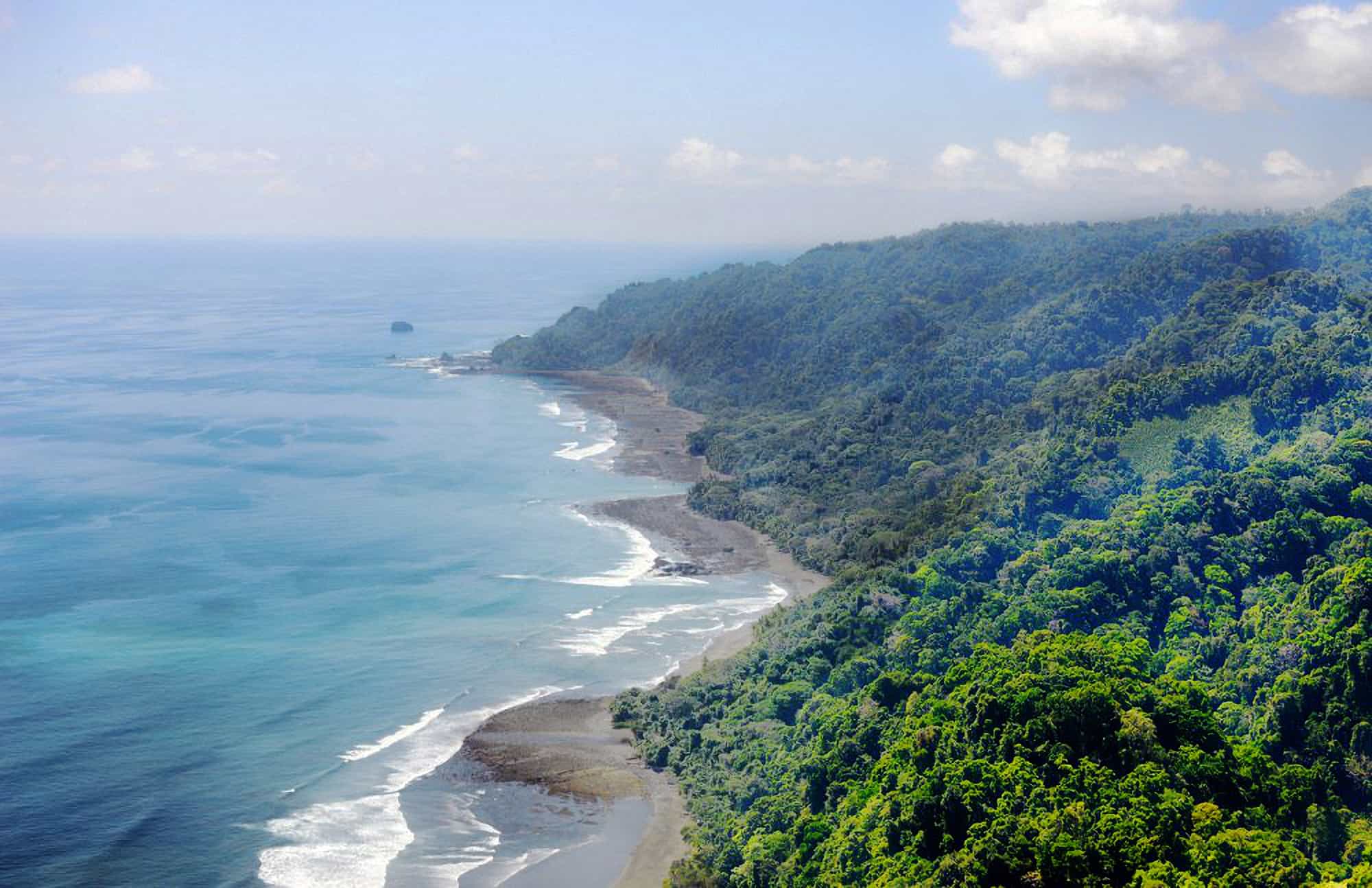Costa Rica, which has one of the cleanest electricity grids in the world, is exploring the possibility of using ocean waves and tides as power generators to meet its needs for the future, experts said Monday.
The topic was addressed in a forum organized by environmental entities and the state-run Costa Rican Institute of Electricity (ICE), responsible for the country’s electricity generation, to analyze the options for obtaining renewable energy from the maritime movement.
“We want to analyze the offshore energy of wind, waves, tides, currents, thermal gradients and salt gradients,” Rodrigo Rojas, an environment and energy specialist at ICE, told AFP.
He added that each of those sources “represents an important challenge in terms of supply chain, social, biological, economic, tariff studies, which in 10 or 15 years will tell us how to realize projects.”
In the last five years, Costa Rica has generated more than 98% of its electricity from renewable sources, mainly hydroelectric plants, according to ICE data.
However, the Deputy Minister of Energy of the Ministry of Environment, Rolando Castro, warned that the current energy matrix is vulnerable to climate change, which could affect the flow of the rivers that feed the hydroelectric plants.
Given this, he raised the need to “diversify energy sources by taking advantage of natural resources,” such as Costa Rica’s coastlines with the Pacific Ocean and Caribbean Sea.
The vice minister warned that the generation of mechanical energy from the ocean is technologically viable, but it is currently not very accessible from a financial point of view.
In that regard, the British academic Abu Bakr Bahaj, from the University of Southampton, presented a series of tests developed in his country to generate electricity with the tides and waves of the sea.
Some of the projects are underway, while others failed for economic reasons.
Bakr Bahaj said that the development of this form of energy requires support from governments to succeed.
According to Bahaj, the technology to obtain energy from the tides has advanced slowly and steadily, while slower progress has been made in harnessing energy from waves.






